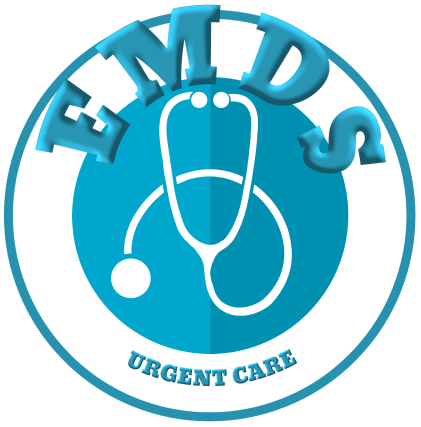The Unsung Heroes of Houston: Emergency Medical Dispatchers
Have you ever been in a medical emergency where seconds mattered? In the vast majority of cases, the first responders to those life-threatening situations are not doctors or paramedics but rather dispatchers. Dispatchers are the unsung heroes of any medical response system, and that is especially true in Houston. Let’s take a look at how these vital professionals play a critical role in saving lives.
How Dispatchers Save Lives in Houston
Dispatchers are responsible for connecting people with emergency responders as quickly as possible. This is no small task; it requires quick thinking, adept multitasking abilities, and an ability to stay calm under pressure.
When someone calls 911, the dispatcher is responsible for gathering information about the caller’s situation and then sending out the appropriate personnel to handle it. Depending on what information they receive from the caller, they may send an ambulance or fire truck as well as police officers or even hazardous materials teams if necessary. It all depends on what kind of situation they’re dealing with.
One example of how dispatchers save lives in Houston can be seen in their response to medical emergencies such as heart attacks or strokes. In these cases, time is of the essence; getting help to those who need it quickly could be the difference between life and death.
That’s where dispatchers come into play; they must assess the situation and decide which personnel should be sent out first and act accordingly. They also have to make sure that help arrives as soon as possible by coordinating with multiple parties such as hospitals, ambulances, police forces, etc., all while staying calm under pressure and communicating effectively with callers who may be panicked or confused by their circumstances.
Dispatcher Training & Education
Emergency medical dispatchers undergo extensive training before they are allowed to work on their own. This includes both classroom lectures on protocol and legal issues related to emergency response as well as hands-on simulations which allow them to practice responding to various types of emergencies in real-time scenarios with actors playing out different roles (victims, family members, bystanders). After completing their training program, dispatchers must pass a written exam before being certified to work independently.
Conclusion:
Dispatchers play an incredibly important role in helping people during times of crisis—especially here in Houston where our population density demands extra attention when it comes to emergency response times.
Without dispatchers working diligently around the clock, countless lives would go unaided each year due to delayed response times from first responders—and we owe them a debt of gratitude for all that they do! If you know someone who works in this field (or want to learn more about becoming one yourself), show them your appreciation by thanking them for their service today!

